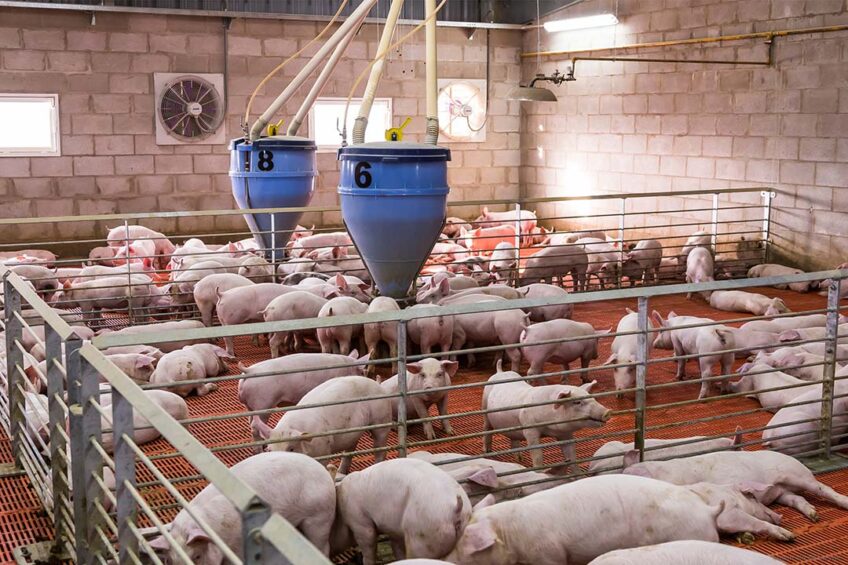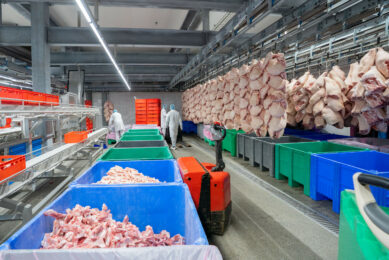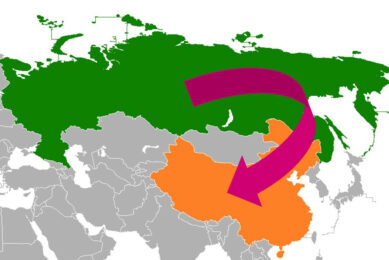Competition on Chinese pork market gets fiercer

Russian pig farmers brace themselves for a tussle with US and European companies in China in 2024, according to business organisations.
On December 19, Rosselkhoznadzor, the Russian veterinary watchdog, signed a protocol on the pork supply requirements with the General Customs Administration, laying the foundation for the first pork exports to be made next year.
Getting ready
Entering the Chinese market, pig farmers must be ready for fierce competition with companies from the US and Europe, and local manufacturers, said Sergey Yushin. He is executive director of the Russian National Meat Association (NMA).
Russian pig farmers are generally ready to face competition in China, said Yuri Kovalev, head of the Russian Union of Pork Producers (RUPP). China is recovering from ASF, but even though its production is about to bounce back, imports are likely to remain huge.
Import of pork to China
In the coming years, China is expected to import between 2.5 to 3 million tonnes of pork, Kovalev stated. In the next few years, Russia expects to get a 10% piece of that pie, he said.
Russian farmers currently step up their effectiveness in order to become more competitive. The prospects of launching pork exports to China gives pig farmers “an impetus to invest and expand capacities,” Yushin stated.
New challenges
Russian pig farmers are up for new challenges, Kovalev said. The biggest companies are likely to benefit from the opening of the Chinese market the most. As estimated by Kovalev, the top-5 Russian pork manufacturers currently account for roughly 80% of exports.
A year-long interim period
Among other things, the veterinary authorities reportedly agreed that Russia will export pork from the regions considered free from ASF for at least a year. Chinese officials are already conducting inspections of Russian pig production capacities in the regions where ASF outbreaks have not been registered during the previous year, Kovalev said.
ASF to restrain supplies
Under the agreed terms, some key Russian pork producing regions may not be allowed to export pork to China due to recent ASF outbreaks. Over the first 9 months of 2023, the Russian authorities registered ASF outbreaks in 21 out of 89 Russian regions, some of which house substantial capacities.
For example, at least 5 ASF outbreaks have been registered in the past few months in Voronezh region. As a result, around 120,000 head of pig have been culled at several industrial facilities, local business newspaper Kommersant reported, citing its sources.











